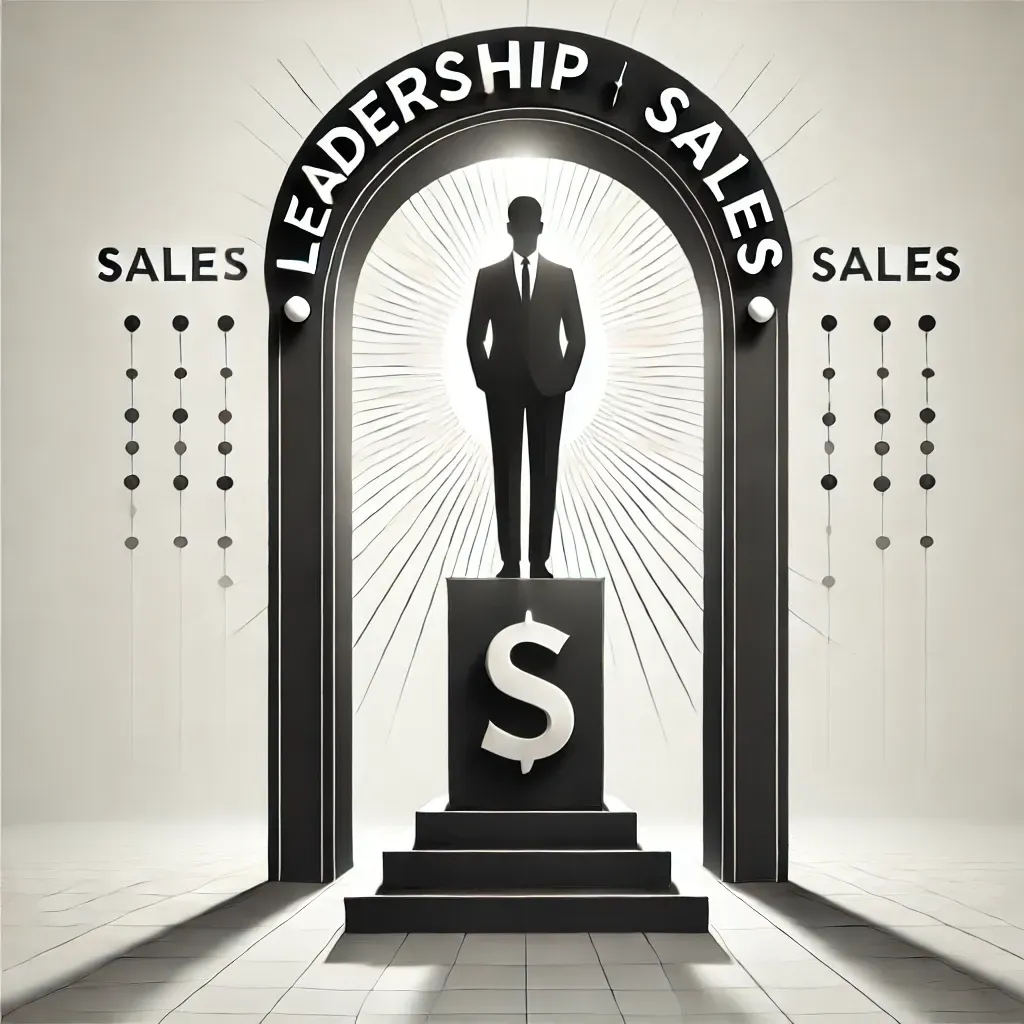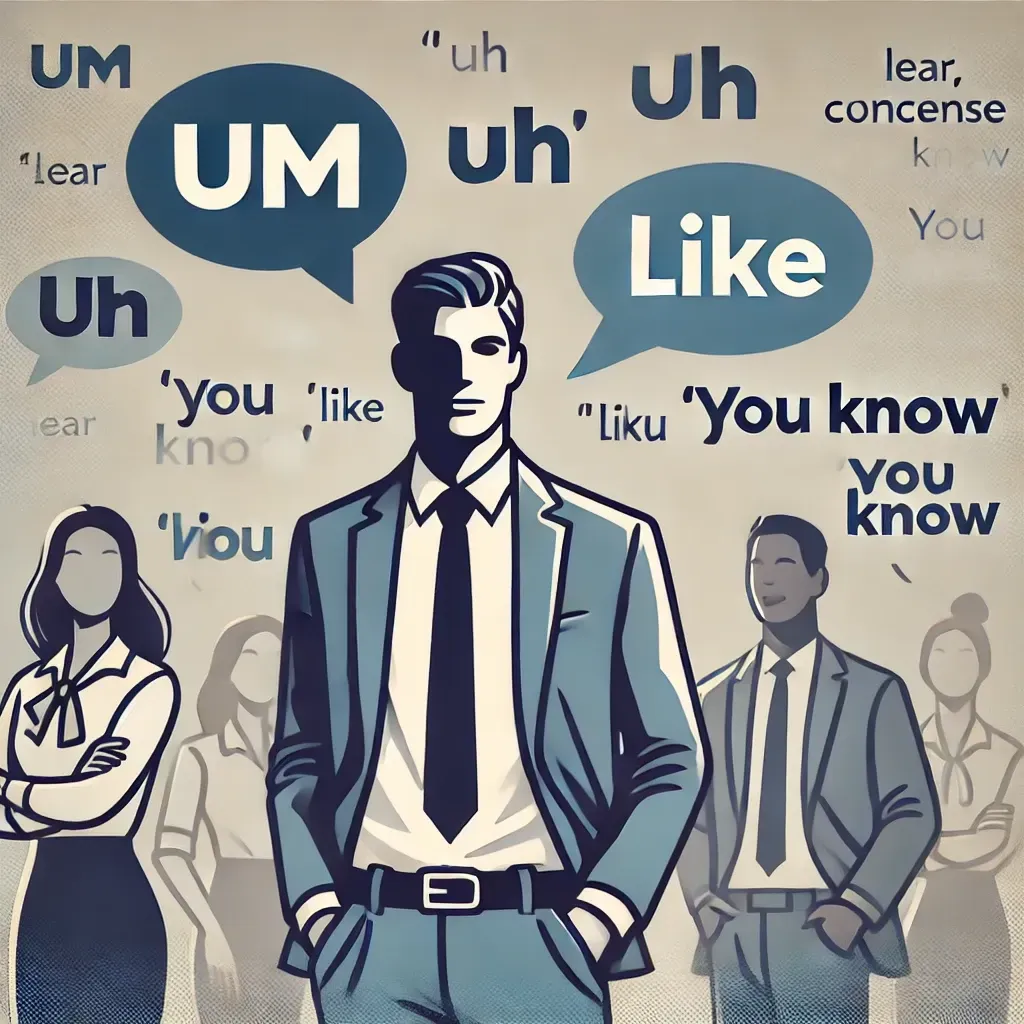What My First B2B SaaS Sales Meeting Taught Me About Real Discovery
How adding value changes everything.

Fifteen years ago, I stepped into my first B2B SaaS sales role, excited and nervous about the journey ahead. My job? Sell a field service solution and secure my own meetings. After days of cold-calling HVAC and heating installers in Belgium, I finally secured my first meeting with a top installer. I was pumped.
I prepared thoroughly, crafting a list of discovery questions, and looked sharp in my most fashionable tie. My manager came along to help answer any specialized questions and, of course, provide feedback.
I had no idea this meeting would teach me one of the greatest lessons about conducting discovery.
The Meeting
Sitting in a small office in Flanders, I dove into my discovery like a seasoned journalist. I asked every question on my list, took detailed notes, and made sure I understood the answers. After about 40 minutes, I felt like I had everything I needed. Time to talk about our solution, right? Isn’t this textbook Solution Selling?
What I thought was a great meeting didn’t seem to resonate with my prospect. Afterward, they ghosted me—no responses, no follow-up. To make matters worse, I left the meeting feeling confused.
Luckily, my manager didn’t hold back on the feedback.
The Hard Truth
“You asked a lot of questions,” he said. “But here’s the problem: you weren’t providing value. It felt more like an interview than a conversation. And on top of that, some of the questions could’ve been answered with a quick visit to their website or LinkedIn.”
Ouch. But he was right.
I realized I had focused so much on gathering information that I hadn’t contributed anything to the discussion. I hadn’t created value or demonstrated that I understood the customer’s challenges.
That feedback stuck with me, and it’s something I’ve applied throughout my career. Here’s what I learned:
Key Lessons from My Early Sales Career
- Don’t treat discovery like an interrogation
Asking questions is important, but if it feels like an interview, your prospect will disengage. Discovery is about creating a dialogue, not firing off questions. - Do your homework
Some of the questions I asked could’ve been answered by doing basic research. Use the information available to you—websites, LinkedIn, company reports—so you can bring more informed questions and insights to the table. - Add value to every conversation
It’s not enough to just ask questions. Share insights, mention trends, and reference challenges other customers are facing. When you provide value, you earn the right to ask meaningful questions. - Discovery is an ongoing process
You don’t need to get all the answers in one meeting. Discovery should happen throughout the sales cycle. Building trust takes time, and so does uncovering the real pain points and opportunities.
The Turning Point
I applied these lessons right away and saw a drastic change in my sales conversations. Suddenly, prospects weren’t just answering my questions—they were volunteering information, collaborating with me, and sharing their challenges without me even asking.
That’s when I realized that discovery isn’t just about gathering information—it’s about co-creating solutions with your customers. When you bring insights and demonstrate genuine curiosity, you earn trust and open the door to meaningful conversations.
Final Thoughts
If I could go back and do that first meeting over again, I wouldn’t just ask questions—I’d come prepared with insights, validate my observations, and give the prospect something valuable to think about.
That’s the key to great discovery: it’s not about you; it’s about them. And when you show up with genuine curiosity and value, you’ll see the difference in your conversations.
What’s the biggest lesson you learned in your early sales career? Let’s talk about it in the comments!





